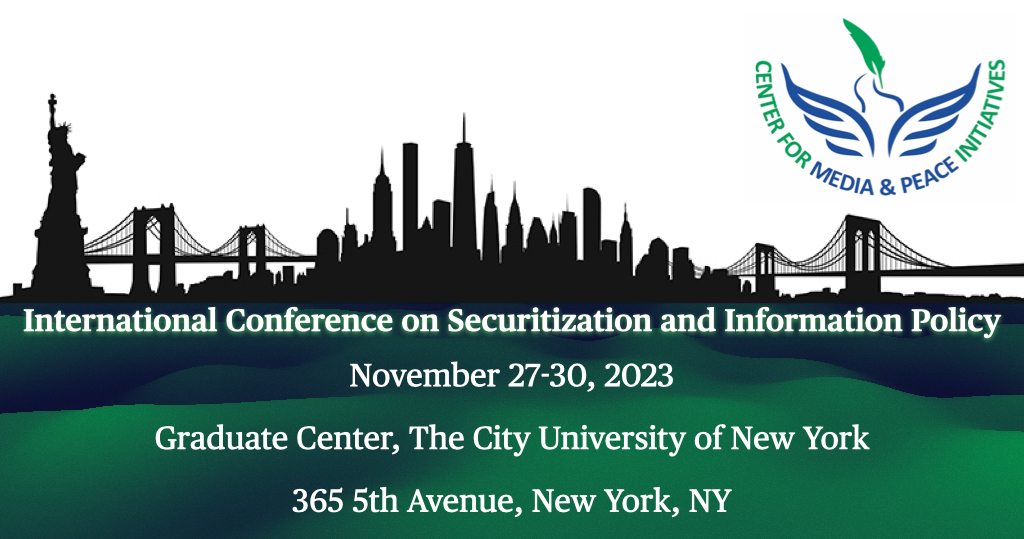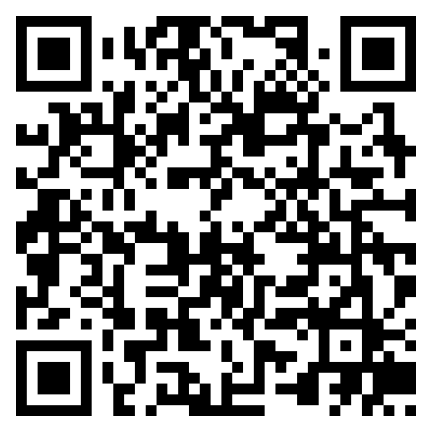
International Conference on Securitization and Information Policy
Overview
The International Conference on Securitization and Information Policy offers an overview of key concepts required to succeed in today’s challenging miasma of information and reputation management environment. Participants will learn different communication and public relations principles such as when responding to a complex, fast-moving crisis and how to adapt mental models to create a “unity of effort.”
One of the duties of public relations officers within the law enforcement community is to keep the public informed while having security in mind, being accurate, and following propriety and policy. Public relations has the tough task of keeping the public aware of security information. The public affairs community with the law enforcement of different countries is expected to provide support for managing the flow of news and information for different military and security agencies.
Regardless of your background, the ability to lead and supervise people, communicate effectively, and understand the wheels of government are all valuable skills. In particular, this training opportunity will provide government officials with best practices on strategic communications.
Learning Focus:
Through interactive lectures, hands-on workshops, case studies, self-assessments, and other experiential learning opportunities, participants will explore the dynamics of information sharing amid the growing misinformation and disinformation in a changing political and economic landscape. The curriculum balances debate and analysis with structured opportunities for reflection and personal development to ensure that participants become architects of change. The weeklong training is designed to provide insights into global trends, reputation management, decision-making, building partnerships, and good governance protocols.
This intensive, interactive, and participatory program will use fresh, actionable, and inspiring leadership content from a world-class faculty from New York and New Jersey. The program will add direct value and sharpen your ability to predict how emerging global governance, technologies, and competitive forces affect policy formulation in different countries. The ultimate measure of effectiveness for leaders is the ability to sustain superior results over an extended period.
Topics will include:
- Reputation Warfare and Management – Organizations now operate in a landscape rife with new threats to their reputations. Equipped to do battle with large competitors, they may be caught unawares by small-scale adversaries in command of a surprisingly potent new-media and social network arsenal: blogs, tweets, text messages, online petitions.
- Politics, Public Policy, and Ethics – The leadership environment creates ethical choices that can be hard to think through clearly. Learn how to effectively engage diverse stakeholders towards positive solutions.
- Policy analysis – understanding and reporting government plans and actions, including budgets.
- Strategic Communications and Persuasion in the Digital Age – designed to help executives and managers become successful communicators in person and in virtual contexts: from group discussions to presentations to social media. Advancements in technology and the rapid proliferation of digital media, data analytics, and online collaboration require executives to lead their organizations with sophisticated communication skills, adapted for these new ways of working.
- Leadership & Management – Learn to harness the leadership skills, political resources, and cultural understandings needed to guide successful organizational change.
- Personal Leadership – As a leader, you need to know how to inspire others, direct others, change others, influence others, and redirect them at times of adversity.
- Problem Solving, Decision Making, and Innovation – The ability to make effective and timely decisions is an essential skill for successful executives.
- Leading Change in Complex Times – As a participant in this program you will learn frameworks that are grounded in research and demonstrated through classroom conversations, exercises, group work, case studies and a software-based business simulation.
- Public performance measurement – tools for assessing government efficiency and effectiveness.
- Journalism and government – the relationship between media and the bureaucracy, and strategies for promoting transparency.
- Political culture – understanding the cultures of participants’ home countries.
- Fundamentals of Business Communication -This session focuses on communication skills expected of public affairs professionals in business and government sectors. Participants who successfully complete this course will be able to produce clear, concise, evidence-based, argumentatively sound, and persuasive professional communication of various types. This course will emphasize the importance of being purpose-oriented and audience-aware. Examples of work to be done include writing emails, drafting business memos, creating executive summaries, producing strategic reports, and crafting other types of internal and external business communication.
Why get a CMPI Executive Security and Information Policy Education?
An Executive Certificate is a formal recognition of your professional development and commitment to continuous learning. An Executive Certificate allows you to further your knowledge and skills with diverse professionals from different backgrounds. The certificates are offered in multiple areas of concentration, providing executives with the opportunity to tailor their education plans to meet their own specific interests and business goals. Participants are expected to bring unique leadership challenges and develop solutions in a group setting.
Who should Attend?
Public Relations Officers, Law Enforcement Executives, Marketing Communications Specialists, Media Chief Executives, Senior Information Officers, Civil Society Leaders, Corporate Affairs Officers, and Managers from Government and business organizations.
Benefits of Executive Education Certificate
In addition to networking and the knowledge gained at the programs, participants who have earned an Executive Certificate will receive:
- Updates on faculty research, new programs, and University initiatives
- Membership in the Executive Certificate Network Group on LinkedIn
- Participants will benefit from a guided tour of New York City landmarks
What is the Cost of Executive Certificate Education?
The cost of participation at the international forum is as follows:
- Tuition fees: $2500/person
- Accommodation: $300/day – Optional
- Dining: $150/day – Optional
- Visit to tourist centers: $334/person – Optional




